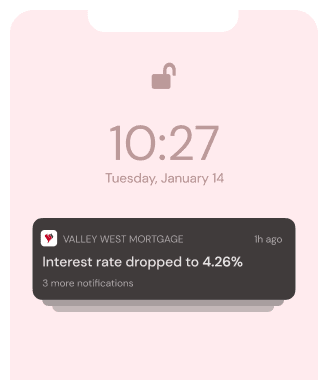When you begin your new mortgage, you’re likely to hear about escrow accounts, homeowner’s insurance premiums and property taxes, but did you know that they can be some of the most difficult portions of loan servicing? To prevent complications down the road and make payment simpler for new homeowners, escrow accounts are often required by loan providers to cover insurance premiums and tax costs for your new property. These accounts are in place to hold your estimated monthly dues until their annual collection, and the additional monthly expenses are typically added to your mortgage payment for a simple, one payment solution to the costs of your property. While it sounds simple, complications can arise as a result of fluctuating costs and misguided estimates, so knowing the ins-and-outs of escrow calculation is a necessity of any successful mortgage. Let’s take a closer look at the individual portions that amount to your escrow account, as well as possible pitfalls to keep in mind while searching for your dream home.
The first portion of your escrow fund is meant to cover property tax costs, which are due once per year and can change depending on the assessed value of your home.
Property tax payments are based on the assessed value of your new home. Since a new value assessment is typically performed a year after a home is purchased or constructed, an updated appraisal could lead to a major boost in regard to your tax obligations. Discovering the true costs associated with property taxes can be difficult, and, depending on the time of year in which you purchase your new home, the costs could put a major dent into your down payment and relocating funds. While an escrow account estimates costs to make the transition easier, be mindful of the upcoming reappraisal to avoid a shock when entering your second year of homeownership. Contacting the county property appraiser and tax collector could be a worthy endeavor to get a better estimate of the tax bills which your new home will present in the upcoming future.
With property tax values fluctuating based on home value, escrow account estimations can sometimes leave homeowners with additional funds due when tax time rolls around.
Many new homebuyers overlook the specifics of escrow accounts, which can present issues regarding annual tax bills, according to The Street. For example, if your new home appraisal calls for a $200 monthly boost to your mortgage payments, your monthly installments could see an even larger jump. Since payments are estimated for the year, you’ll also have costs for the current year to consider. Suddenly, your escrow account needs are raised $400 per month, and your housing budget is stretched to its limit. While savings or deferment options could help you cover the costs more effectively, it is vital to consider the importance of property tax assessments on escrow accounts when deciding upon a housing budget.
Homeowner’s insurance premiums are also covered in annual payments, so the estimated costs are collected and placed into your escrow account each month to keep your property insured against catastrophe.
Insurance premiums are the other portion of your escrow account. Luckily, those costs are more easily estimated in most cases. Depending on the location of your new property, additional policies could be required to cover natural disasters including hurricanes, earthquakes and flooding, so check with your lender and real estate professional when determining a proper budget for your housing search. Similar to property tax increases, however, a boost in insurance premiums can lead to premium increases for multiple years being due simultaneously. Careful planning and adequate savings are necessary to prepare for enlarged payment obligations regarding your mortgage.
If you prefer to avoid escrow accounts and have a dedication to savings, mortgages without escrow accounts could net you a financial gain through safe investment throughout the year.
According to BankRate, avoiding escrow accounts and investing your annual payments can be a worthwhile option for some additional income. While the same risks of premium increases are present, saving the money while investing in low-risk money market accounts and certificates of deposit can provide a noticeable increase in funds if your dedication to monthly saving is maintained. Just remember, by forgoing an escrow account, the responsibility for property tax payments and homeowner’s insurance premiums is in your hands, which can be a bit of an inconvenience when separate tax bills must be paid individually. To find out more about escrow accounts, depend on the knowledge of your real estate professional and mortgage lender to find the perfect scenario for your needs.
Cleo D. is a writer whose interests include homes for sale in Georgetown and the Austin area, stock market trends and snowboarding.

Instant notifications for your scenario
Let's do it⏰ Your offer will be delivered to your inbox in less than a minute!